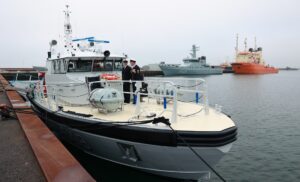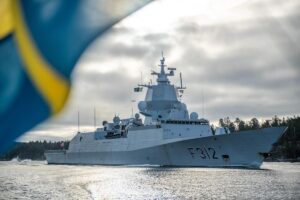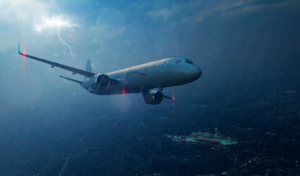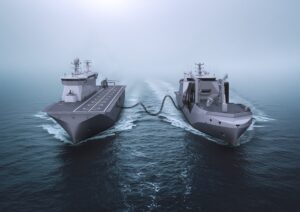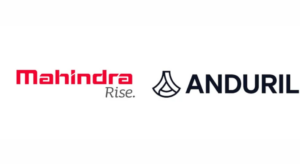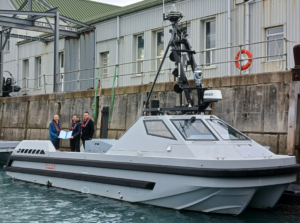EU NAVFOR celebrates a decade of operations
The European Union Naval Force (EU NAVFOR) celebrated ten years of maritime operations on December 8.
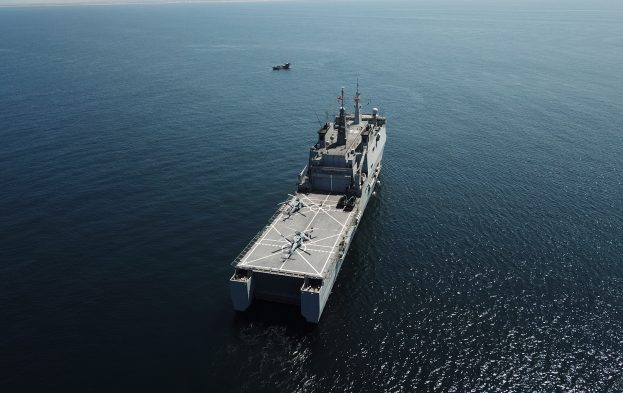
Commanded from its military HQ in Northwood, London, the European Union Naval Force was officially launched on December 8, 2008.
Codenamed Operation Atalanta, it is a naval force generated by EU Member States working collectively, in support of UN Security Council Resolutions agreed from 2008 onwards, to tackle the Somali piracy crisis at source.
At the time, international maritime traffic plying east-west trade routes between Europe and Asia saw violent criminal groups operating from the Somali shore, seizing increasing numbers of vessels and their crews and cargoes for ransom. As a direct consequence, humanitarian efforts in the region were adversely impacted and the UN arms embargo continued to be violated.
EU NAVFOR has played a vital military role over the past decade in upholding freedom of navigation for commercial shipping and in protecting World Food Programme (WFP) humanitarian assistance destined for Somalia.
”Peace and security are at the heart of the partnership between the EU and Africa. With Operation EU NAVFOR Atalanta our women and men in uniform have for the past ten years successfully been fighting piracy, to the benefit of our two continents alike,” High Representative/Vice-President Federica Mogherini said.
“We will keep working with the same commitment to avoid that piracy comes back in the area. EU NAVFOR Atalanta is a success story of our EU defence put to action,” Mogherini continued.
As a tool of EU foreign and security policy, EU NAVFOR represents more than just ships. It is a network of military, civil and diplomatic capability that certainly includes maritime patrol aircraft and onboard vessel protection detachments, but which also links into legal, political, commercial and development objectives.
Under EU NAVFOR protection, nearly 1.8 million tons of WFP food aid have been escorted safely into Somali ports, using a combination of both EU and partner military assets to ensure that the Somali population remains fed.
What is more, some 145 Somali pirates have been detained by EU NAVFOR, transferred into regional justice systems and successfully prosecuted.
The operation’s Maritime Security Centre – Horn of Africa (MSCHOA) has registered hundreds of thousands of commercial vessels transiting the contested waters of the Horn of Aden since 2008, in order to assess vessel vulnerability and afford appropriate protection from piracy and other security threats.
Additionally, local maritime capacity-building efforts performed by EU NAVFOR in support of security and development have seen training sessions organized with African coastguard, port security and military forces in fields as varied as harbor security to forensic evidence protection.
Since 2008, EU NAVFOR has worked hand-in-glove with other multinational naval forces operating in the region, in particular NATO and the Combined Maritime Forces (CMF), as well as with navies of other countries, such as China, India, Japan, Republic of Korea and Russia, to ensure the safe passage of merchant shipping.

